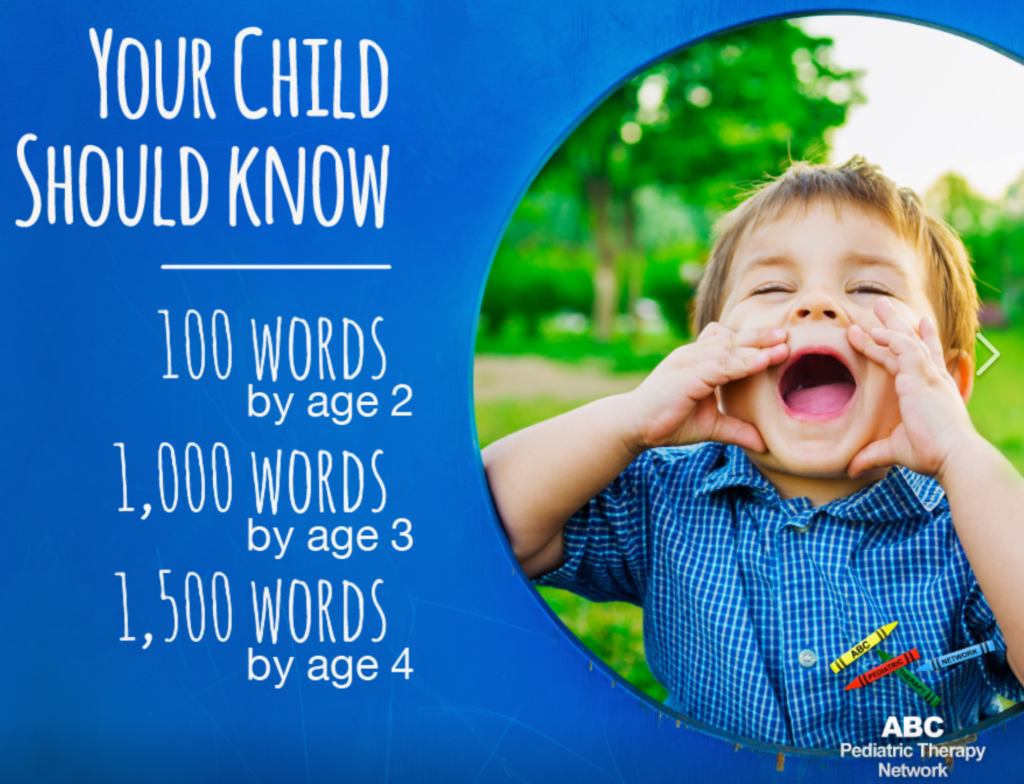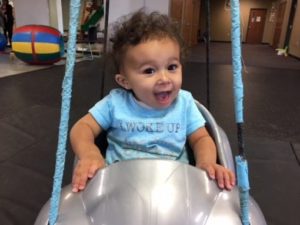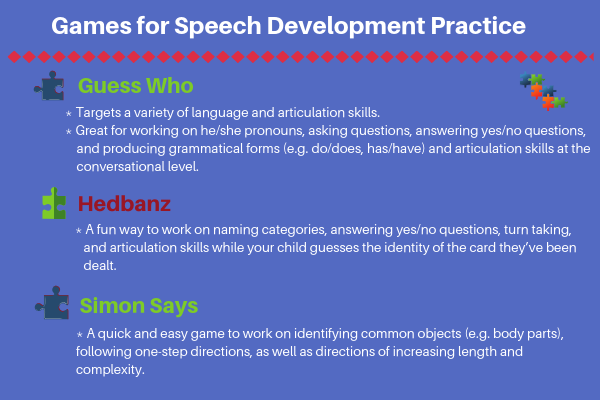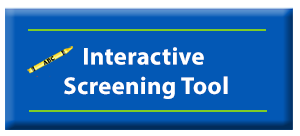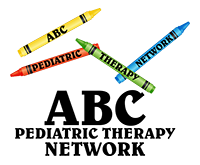For many parents, before we have children, we just assume that things will go smoothly and according to plan. We will teach them and prepare them and all will be well. Of course, once those children arrive in this world to bless us with their presence, one of the very FIRST lessons we learn as parents is that things almost NEVER go according to plan.
That’s not necessarily a bad thing, but it can certainly be a challenge.
If speech development is your child’s current challenge, we’re here for you. We consulted our partners at ABC Pediatric Therapy Network for information on what child speech development should sound like, what to do if your child’s speech doesn’t sound like that, and some ideas for encouraging speech in children who are struggling.
How Do I Know if My Child’s Speech Development is Normal?
By the time your child is three-years-old, his speech development should be similar to this:
- Use at least 1,000 words
- Be 75% intelligible to all listeners
- Follow three step verbal commands
- Ask questions
- Answer “Who? What? When? and Where?” questions
If your child is not achieving these milestones, it’s time to talk to your pediatrician and see if speech therapy might be needed. It’s important to remember that getting speech therapy for your child is not a failure. Asking for help shows strength and can only benefit your child and your entire family. When you do choose a practice, look for one with therapists you and your child connect with and trust implicitly.
According to DMB Contributor Sarah, whose youngest son has several diagnoses, including childhood apraxia of speech,
“His therapists have helped us develop a way to communicate with him that meets his developmental needs and decreases frustration for us and him, all while still working with him and attempting to speak one day. His speech therapy is the one I feel the most overwhelmed by, but having a great therapist that you trust and who understands how to motivate and work with your kid, while having the patience of a saint makes a WORLD of difference.”
How Can You Help Improve Your Child’s Speech Skills?
Your child benefits from speech therapy while they are actively working with their therapist, but they can also benefit from work you do together at home. In fact, there are a variety of techniques you can use in daily life to work on your child’s speech. They aren’t complicated, but they do involve being mindful when speaking.
- Be sure to have your child’s hearing tested. If they can’t hear the sounds correctly, they won’t be able to say them correctly. Having their hearing tested regularly will ensure they are hearing sounds accurately.
- Encourage your child to slow down when speaking. (Don’t we all know adults who should slow down?) Show your kiddo a good example and speak slowly to your child.
- Draw attention to your mouth when speaking. Touch your mouth with your fingertip. This shows your child the shape of the sounds.
- Focus on clearly pronouncing the beginning and end sounds on words. These are the sounds that tend to get lost when we speak.
If you are still deciding whether you might need to look into speech therapy for your child, try these tips for two weeks. If you don’t see improvement, contact your pediatrician or ABC Pediatric Therapy Network for help.
DMB Contributor Lisa tells her story,
“Being a social worker, I was aware of what ‘typical’ speech development in young children should be. When my twin boys were hardly saying any words by their 18-month birthday, I started to worry. They were preemies, but it was time to act. Help Me Grow became involved, but I wanted more than just what they were able to offer. We enrolled both boys at ABC therapy for speech. The therapist had patience and took the time to teach me extra skills I could utilize at home. After discovering some issues with fluid retention and a set of ear tubes, added with the help of ABC, our boys were talking up a storm. We will forever be thankful for the support and knowledge of ABC Therapy.”
What Else Can Families do to Help with Speech Development?
Are you having trouble motivating your child to practice their speech and language skills at home? Your child’s speech therapist is likely assigning tasks to practice at home throughout the week to reinforce the skills they’re learning in therapy. Home practice can make a huge difference in their progress and usually means faster improvement. Speech therapy isn’t an easy fix and it requires a lot of hard work and consistent practice over many months or even years. Home practice does not have to be boring!
Below is a list of applications, websites, and games that you can utilize to make home practice fun:
At ABC Pediatric Therapy, they aim to create the best life for all children. As part of that mission, they’re providing parents with the tools you need to make sure your child is meeting crucial developmental milestones.
Use this handy online screening tool to see if your child is on track and identify potential areas for improvement.
So many of the lessons we learn when we’re kids come from our experiences with adversity, and although we struggle at the time, we almost always come through stronger and better.






